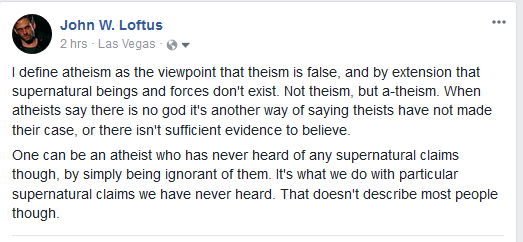Five Things That Disqualify People From Being Experts in Religious Matters. Reviewing Mittelberg's Book "Confident Faith" Part 12
I'm reviewing Mark Mittelberg's book Confident Faith. [See the "Mark Mittelberg" tag below for others]. Mittelberg had argued we need authorities since we cannot be experts in everything. So the "question is not if we'll be under authority, but which authorities we'll trust and respond to?" (p. 66) Trust! That's a key point. For my purposes I'm talking about experts with regard to the truth and their level of competence in religious matters (my focus). Are Mark Mittelberg and other conservative Christian apologists to be considered experts we can trust?
In post 10 of this series I made two points. 1) People should not be trusted as experts in religious matters who are not just wrong, but incompetent and even dishonest with the facts. And I provided some evidence in several links that there are some apologists, even top apologists, who are ignorant, incompetent and even dishonest with the facts. They should not be considered experts worthy of our trust. I also argued that 2) Mittelberg's dim view of science should disqualify him as an expert whom we can trust in Religious Matters. One would think science is a bunch of guesswork from what he wrote. Anyone who talks that way about science is not just ignorant but incompetent, and maybe dishonest with the facts. So he's not an expert we can trust, period. Then I gave him an assignment to look at two books of science in hopes he might change his deluded mind. If he's an honest person who truly wants to know the truth, they will change it. [If you object to my harsh language I'm just being honest with the facts. No personal offense should be taken. See Dr. Stephen Law's Five Morals To Guide Atheists and Believers In Our Debates.]
In post 10 of this series I made two points. 1) People should not be trusted as experts in religious matters who are not just wrong, but incompetent and even dishonest with the facts. And I provided some evidence in several links that there are some apologists, even top apologists, who are ignorant, incompetent and even dishonest with the facts. They should not be considered experts worthy of our trust. I also argued that 2) Mittelberg's dim view of science should disqualify him as an expert whom we can trust in Religious Matters. One would think science is a bunch of guesswork from what he wrote. Anyone who talks that way about science is not just ignorant but incompetent, and maybe dishonest with the facts. So he's not an expert we can trust, period. Then I gave him an assignment to look at two books of science in hopes he might change his deluded mind. If he's an honest person who truly wants to know the truth, they will change it. [If you object to my harsh language I'm just being honest with the facts. No personal offense should be taken. See Dr. Stephen Law's Five Morals To Guide Atheists and Believers In Our Debates.]









